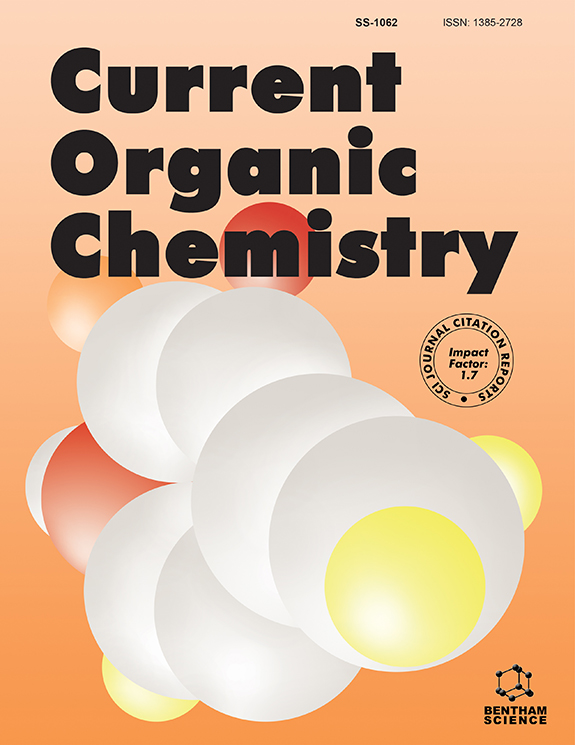Submission Tilte
Design and Functionalization of Nitrogen-Containing Aromatic Heterocycles: New Synthetic Reactions, Mechanistic Insights, and Spectroscopic Characterization
Submission Abstract:
Nitrogen-containing aromatic heterocycles are key structural motifs in numerous biologically active molecules, and their diverse architectures support a broad spectrum of pharmacological applications. These systems have been extensively explored for their anticancer, antiviral, and antiretroviral activities, with particular promise in anti-HIV research. Beyond medicinal chemistry, their design and functionalization enable diverse coordination chemistry, photochemistry, spectroscopy, and electrochemistry applications. Recent investigations have focused on molecular frameworks derived from 8-hydroxyquinoline, benzo[h]quinolinol, β-diketamines, 1,10-phenanthroline, phenazine, phenothiazine, and other compounds, whose versatile binding properties make them highly attractive for the development of advanced functional materials. The aim of synthesizing this important group of compounds, or their further functionalization, has led to the development of many important reactions, including the well-known Skraup reaction, which has a history of nearly 200 years. Quinoline was discovered in 1834 by Friedlieb Ferdinand Runge, and in 1880, Zdenko Hans Skraup synthesized quinoline.
In modern investigations, the study of heteroaromatic systems has been significantly accelerated by quantum chemical calculations using density functional theory (DFT), time-dependent DFT (TDDFT), and related computational approaches. These methods provide insights into the regioselectivity of functionalization, intramolecular charge transfer, and noncovalent interactions that govern both biological activity and material characteristics. Quantum chemical simulations of absorption, emission, circular dichroism, and nonlinear optical responses have become indispensable for connecting molecular design with experimental spectroscopic characterization. The integration of quantum chemistry with classical synthetic methodologies continues to expand the diversity of nitrogen-containing aromatic heterocycles, which stimulates the development of new pharmaceuticals and advanced functional materials.
In the proposed special issue, we would like to focus on reviews, perspectives, and original research articles that highlight the synergy between classical synthetic methodologies and quantum chemical approaches in the design, functionalization, and characterization of nitrogen-containing aromatic heterocycles.




